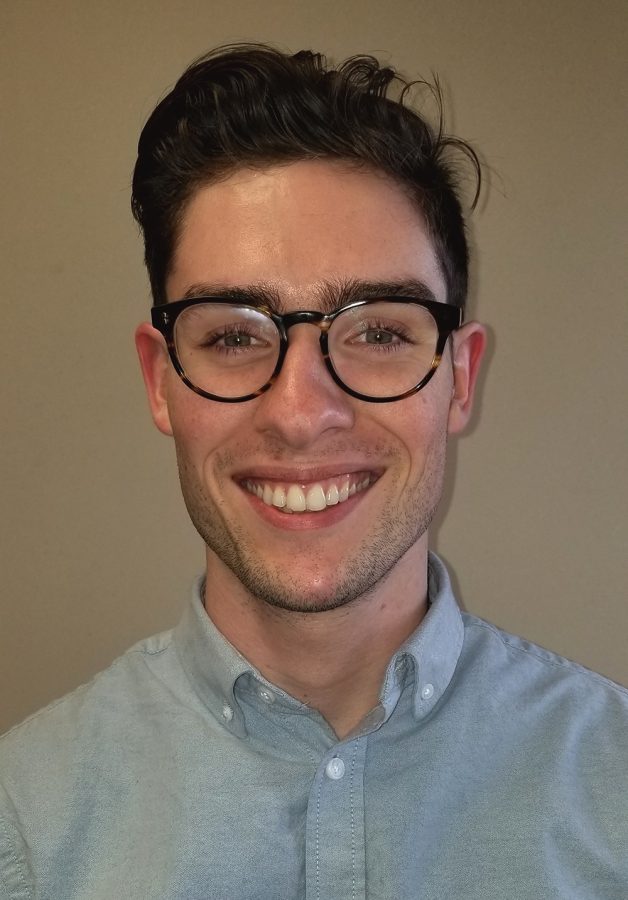REFLECTION: Headaches, coffee and quitting caffeine
April 8, 2019
During my senior year of high school, I discovered the drug of all drugs, the crème de la crème of psychoactive substances, the Great Bambino of intoxicants: caffeine. That was the year I learned how to drink coffee (I was previously unaware that this was a skill you had to cultivate.) Looking back, the brutal reality of having to wake up at an ungodly hour to go to school for seven hours was bleak, but this was somewhat mitigated by the pure joy of that first sip of hot coffee in the morning. And mine was, without a doubt, loaded with sugar and cream.
Thus began an amazing relationship between me and caffeine. It was excellent. I never thought that I would have to worry about its negative effects because I could only see its positive impacts on my life. I never thought about quitting because every time I went without it, I would develop a brutal headache. This withdrawal headache, by the way, is caused by your brain’s blood vessels opening to normal levels, as caffeine restricts blood vessel size when consumed regularly.
I never thought I would be off the stuff. Why would I? It offers all these wonderful things like focus, energy and the great taste of caffeinated drinks (I drink mostly coffee and tea, but Red Bull has made its way into my diet once or twice.) This was until I realized that it was causing me small bouts of anxiety, jitters and sleep problems. After consuming too much over spring break, I decided to quit.
Part of the reason I wanted to was because I wanted to not only break the habit — so it would have a more profound effect when I did drink it — but also to see if I had the discipline to actually quit a substance that is physically addictive.
This was hard to deal with. I started by reducing my intake to one cup a day, first thing in the morning, so that it would be out of my system at a reasonable hour. Then, by the third day of this, I decided that I would completely cut it out. This is when the headaches ensued.
I was fine up until about 6 or 7 p.m. Then it really began to affect me. I couldn’t think clearly, and I was in a considerable amount of pain. I figured I would simply take some ibuprofen and then go to bed early that night. Despite this, I never once had a craving for caffeine, as I only had it simply to avoid the headache that would come if I didn’t drink it.
The next day was much better. I did not have a headache, and I felt calmer and more level-headed. I was able to focus well in class, I felt calm and relaxed, and by 9:30 that night, I was dead tired and fell asleep almost immediately. I slept better, as I only woke up maybe once that night, and the next morning I felt incredibly refreshed. Maybe there is something to fully omitting your caffeine consumption, or at least drinking less of it.
If you have anxiety or if you feel on edge frequently, I recommend consuming less caffeine. It reacts with your central nervous system, so unless you want to be a nervous system yourself, I recommend quitting caffeine.
I can proudly say that after the second day, it was much easier. Easier, that is, until the third day, when I decided to have two cups of fully caffeinated coffee. I have since had at least one cup each day. Coffee is great; sue me.
Scott Rainey is a columnist. Contact him at [email protected].












